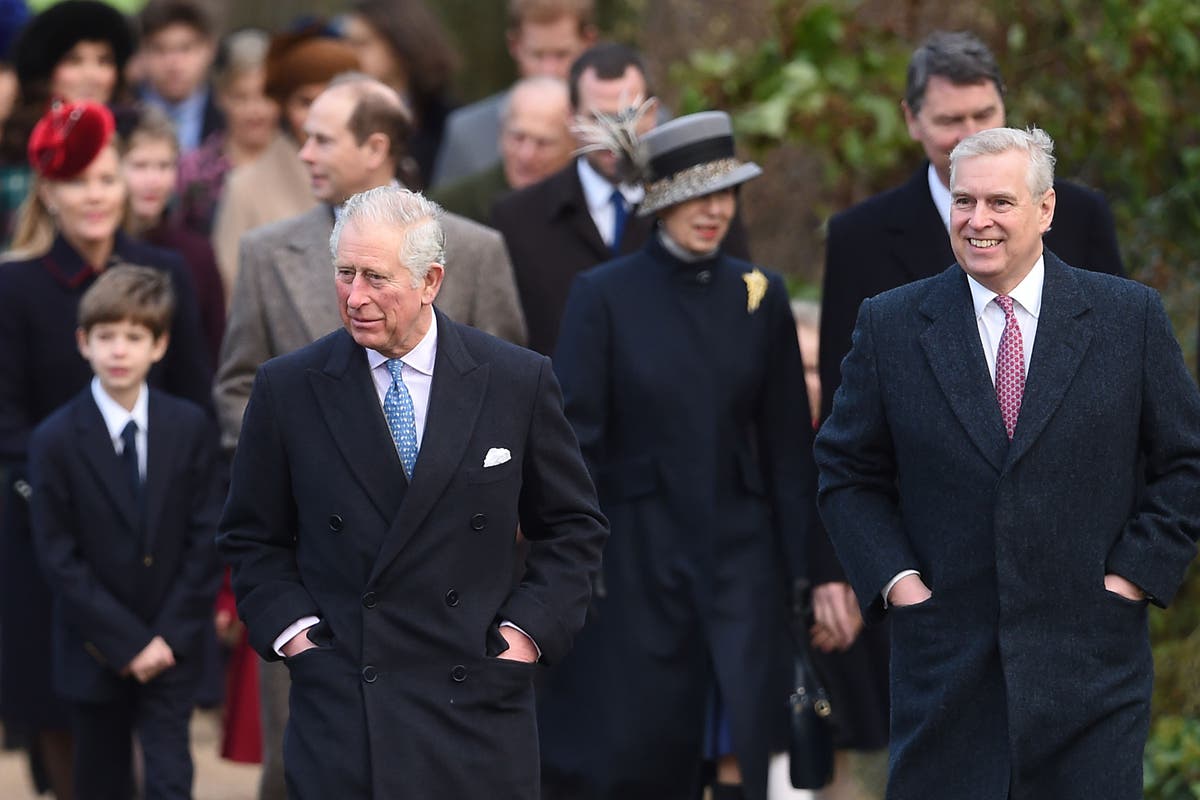- Bill seeking more powers for agencies sees fierce opposition in Senate.
- PPP and PML-N senators also raise their voices against the bill.
- Parliamentarians also urge chairman to reject the bill immediately.
ISLAMABAD: After fierce opposition from parliamentarians, Senate Chairman Sadiq Sanjrani on Wednesday referred the Official Secrets (Amendment) Bill 2023 to its relevant standing committee for debate in order to reach a consensual decision over the matter.
The bill was tabled by Federal Law Minister Azam Nazeer Tarar in the upper house of parliament. The bill, however, saw strong opposition from the treasury and the opposition benches in the house.
The former ruling party Pakistan Tehreek-e-Insaf (PTI), the ruling alliance Pakistan Democratic Movement’s component party Jamiat Ulema-e-Islam-Fazl (JUI-F) and the National Party opposed the bill in the Senate.
Pakistan Peoples Party’s (PPP) senior leader and former Senate chairman Raza Rabbani and Pakistan Muslim League-Nawaz’s (PML-N) Afnan Ullah Khan also voiced against the proposed amendments to the Official Secrets Act 1923. The members were also demanding of the Senate chairman to reject the bill immediately.
A day earlier, the outgoing government get the bill passed through the National Assembly. The bill seeking to amend the law was tabled in the house by Parliamentary Affairs Minister Murtaza Javed Abbasi.
The bill
The statement of objects and reasons of the bill says that it is imperative to amend the Official Secrets Act 1923 and make it more effective in view of the changing social milieu to ensure the safety and security of official documents.
According to a new insertion 2(A) in Section 11 of the Official Secrets Act 1923, notwithstanding anything contained in this Act or in any other law for the time being in future, the intelligence agencies, may at any time, can enter and search a place or a person without warrant, and if necessary, by use of force and seize any document, sketch, plan, model, article, note, weapon, ammunition, electronic or modern device or anything of like nature, or anything which is or can be evidence of any offence committed, or suspecting of been committed under this Act.
Another insertion 12A says that under this Act, the investigation officer shall be an officer of the FIA not below the rank of BPS-17 or equivalent, and he shall be designated by the FIA director general. If the DG deems necessary, he may appoint a Joint Investigation Team consisting of officers of intelligence agencies as he may appoint.
The JIT, according to the bill, will complete its inquiry within 30 days. The case, if relates to civil espionage, will be investigated by the FIA or JIT.
However, according to an amendment in Clause b of Section 12, the punishment for an offence has been reduced from 14 to 10 years. The amendment clause says other than an offence punishable with imprisonment for a term which may extend to ten years, shall be a cognisable and bailable offence.
Earlier, Maulana Abdul Akbar Chitrali protested the introduction and passage of the bill in haste on the same day even without provision of its copies to members. However, copies of the bill in the English language were distributed among the members immediately. Chitrali said that it was also a violation of the Constitution that copies of the bill in Urdu language were not distributed and the same has been happening for the last few days.














































